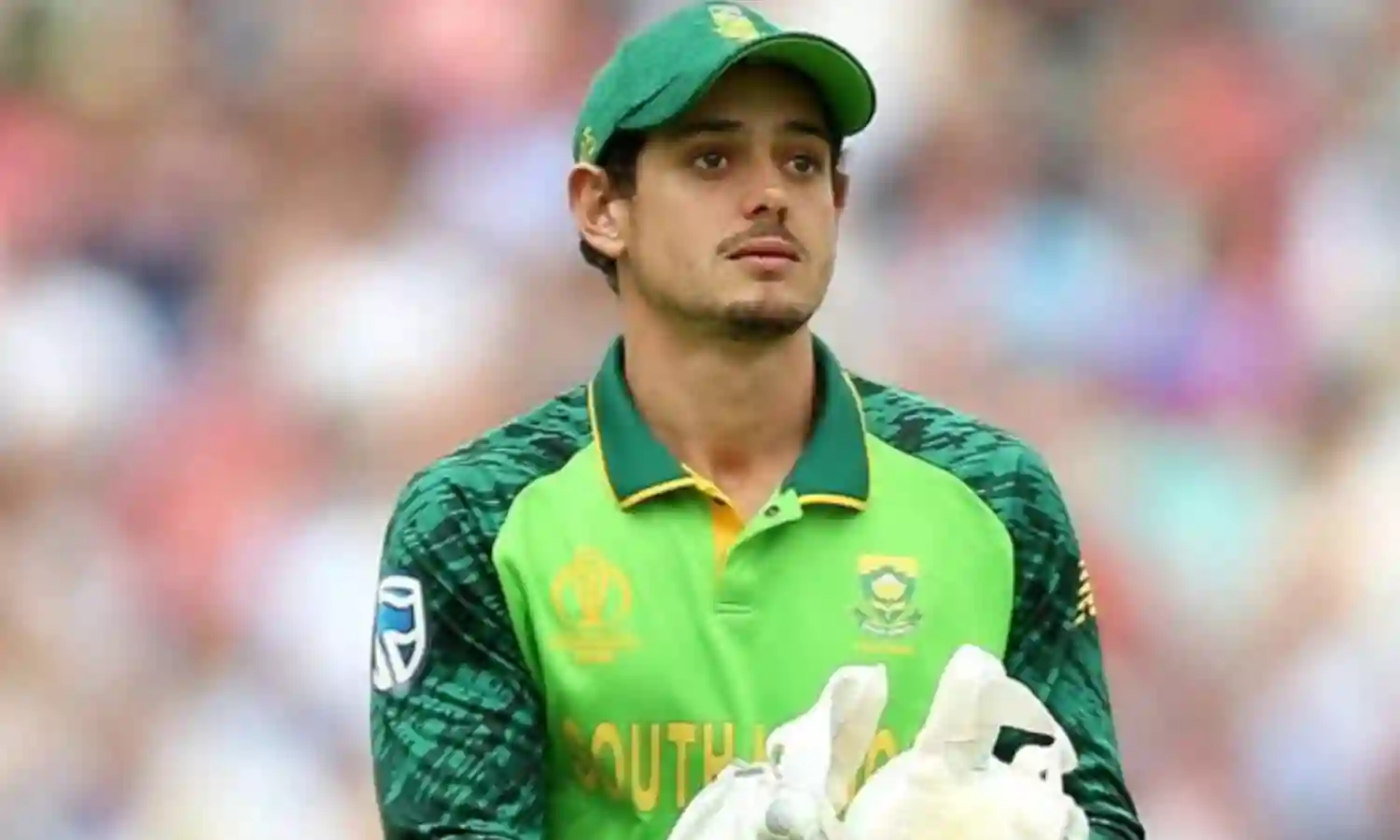Not A Pleasant Sight to See South Africa Go Down Over and Over Again
The lack of confidence is appalling.
South African cricket has been in the news for all the wrong reasons of late. On and off the field there have been problems galore and it has not been a pleasant experience for any genuine cricket lover to see South Africa go down to defeat over and over again. They have not been able to shrug off the ''choker’s’’ tag and have this tendency to self destruct in all formats of the game. But they have been an attractive side to watch, have provided some of the great cricketing moments in recent times and over the years have produced some of the finest players in the contemporary game.
These days however watching the team perform one can almost sense a strong undercurrent of uneasiness and discomfort. The lack of confidence is appalling. This is not the team of old, a team that was briefly No 1 in more than one format, a team good enough to win almost anywhere.
In ODIs their most dismal showing was their early exit in the 2019 World Cup in England. But they haven’t fared well in Tests too stumbling from one disaster to another. Since their victory over Australia at home in 2018 all they have to show on the profit side of the balance sheet is a victory over Pakistan at home. The biggest shock was going down to a none too strong Sri Lankan side despite playing in their own backyard but they have also lost to India and Sri Lanka away and recently suffered the latest setback going down to England. Currently they are languishing in seventh place in the ICC Test Championship table.
When South Africa won the first Test against England in December it seemed to herald a fresh dawn under the new team of Graeme Smith as director, cricket operations, chief coach Mark Boucher and batting consultant Jacques Kallis.The legends had been appointed in a bid to revive South African cricket. However a few defeats later it is obvious that the problems in South African cricket are deep-rooted. With the 3-1 defeat at the hands of England South Africa have lost eight of their last nine Tests and are already effectively out of contention in the World Test Championship which runs until 2021.
It is never easy to find replacements for legendary cricketers and South Africa have been hit hard by the retirements in quick succession of AB de Villiers, Hashim Amla, Dale Steyn and Morne Morkel. The series against England saw Vernon Philander calling it a day. The situation has been made worse by the racial quota system which was introduced to give players of colour, especially black African players, the chance to excel at the international level. This has proved to be an unsatisfactory system, limiting the opportunities for white players, while black African players have not come through in compelling numbers. Worse, it has led to some of the leading talents making an exodus to the English county circuit. In the last few years South Africa have lost the services of fast bowlers Kyle Abbott and Duanne Olivier and spinner Simon Harmer who have all signed Kolpak deals and have in fact been excelling for their respective counties.
The most recent example of the failure of the quota system has been Zubayr Hamza who was given the big break following an impressive first class record. At 24 he was touted as South Africa’s most exciting batsman but has been exposed by fast, short pitched bowling at the international level and at the moment in five Tests he has scored only 181 runs at an average of 18.10 with just one half century. Temba Bavuma too has not lived up to initial expectations and despite being persisted with he has but one hundred in 40 Tests and averages 30.
Fast bowling has been South Africa’s traditional strength and this has been maintained somewhat with Philander, Kagiso Rabada, Lungi Ngidi and Anrich Nortje around. It is however a moot point as to how much stronger the bowling would be if Abbott and Olivier were in the line-up. With the retirement of Philander the fast bowling department will be further depleted.
But the chief problem with South Africa has been their batting. The runs have dried up for Faf du Plessis and it has been left to Quinton de Kock to hold the batting together with the newcomers not up to the mark. Captaincy is another problem facing the team. It was only a matter of time before Faf du Plessis stepped down with his leadership qualities increasingly coming under the scanner and here again it can only be hoped that de Kock can prove to be an inspiration even if his approach to captaincy is more instinctive than strategic.
Not the least of South Africa’s problem has been the administration. The ineffectiveness and lack of cricket knowledge of those running Cricket South Africa (CSA) has been widely criticized and the South African Cricketers’ Association and major sponsors want them to quit. Despite this they have refused to do so. Philander recently admitted that it was the chaos in the administration that prompted his retirement. Saying that there were too many things that were wrong with the administration he revealed how there had been interference in the selection of the team ahead of the 2015 World Cup semifinal against New Zealand when according to him former CEO Haroon Lorgat contacted the selectors to remind them of their transformation commitments resulting in Abbott, South Africa’s best bowler, being left out and Philander who was nursing a hamstring injury throughout the tournament included in the playing XI.
Under the circumstances Smith, Boucher and Kallis are operating in a vacuum for in the long term trust in the leadership is essential.





